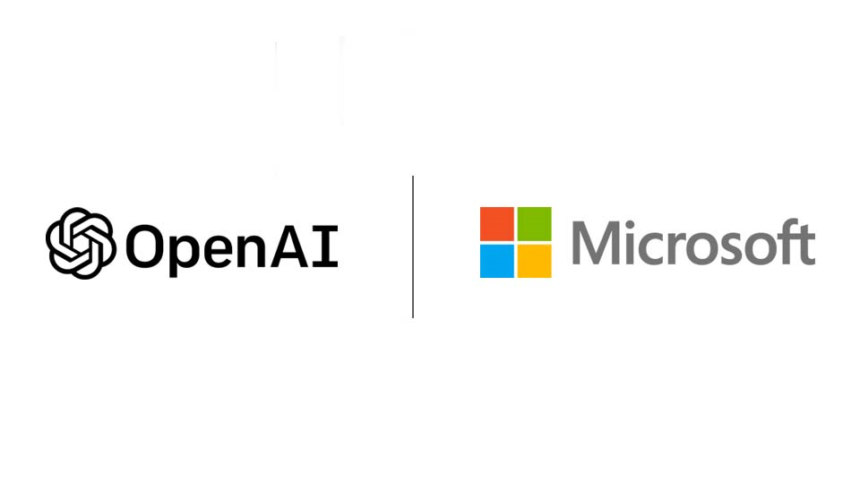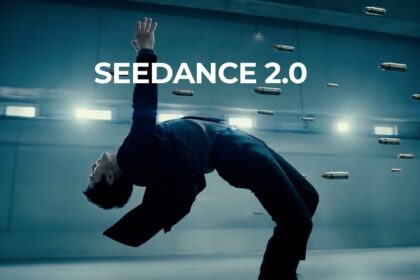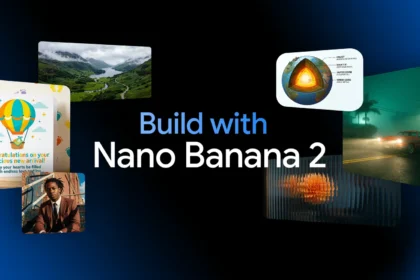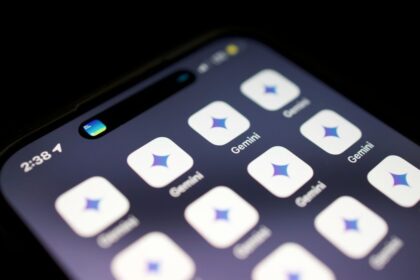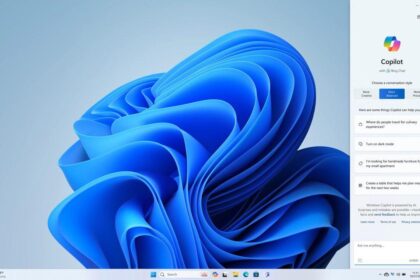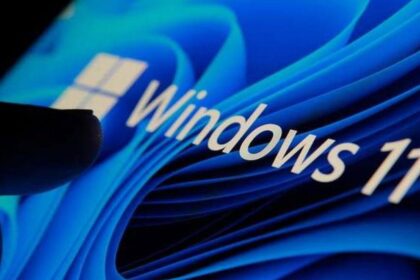Earlier this week, Microsoft and OpenAI announced a new step in their long-running partnership. Since 2019, the two companies have shaped much of the AI landscape through Azure supercomputing, GPT-4/4o, and Copilot integrations. Now they’ve signed a non-binding Memorandum of Understanding (MOU) — a signal of intent rather than a final contract.
The statement itself is brief: both sides reaffirm their commitment to building AI products with a focus on safety, while working toward a definitive agreement in the coming weeks.
What Exactly Was Announced?
The MOU confirms the “next phase” of the alliance but offers no binding commitments yet. The emphasis is on continuity of collaboration and security priorities. Think of it as a placeholder before a formal deal, showing both parties are aligned on direction.
At the same time, OpenAI outlined its Governance Evolution Plan:
- The nonprofit parent will continue to control the Public Benefit Corporation (PBC).
- Following a proposed recapitalization, OpenAI would receive an economic stake exceeding $100 billion.
- This structure is designed to align mission, funding, and long-term scaling — and is currently under review by attorneys general in California and Delaware.
How Analysts Are Reading It
Outlets such as Reuters, The Verge, and Financial Times suggest the MOU could set the stage for:
- A future OpenAI IPO,
- Adjustments to intellectual property rights, revenue sharing, and exclusivity terms,
- And a rebalance of Microsoft’s role in the partnership.
The fine print will only become clear once the final contract is signed, but the direction seems evident: OpenAI wants more operational independence, while Microsoft continues to secure privileged access to its models for products like Copilot.
OpenAI has stressed that decisions around safety and responsible deployment will remain tied to its founding mission. The involvement of regulators in California and Delaware underscores the scrutiny around how the company balances public benefit goals with commercial growth.
What This Means for Microsoft, Azure, and the Ecosystem
- Model access: Microsoft has confirmed it will keep offering leading OpenAI models in Copilot and Azure OpenAI Service. The upcoming contract is expected to spell out the exact terms of exclusivity.
- Cloud strategy: Reports hint that OpenAI may expand its cloud partnerships for next-gen supercomputing projects like Stargate. That could mean less dependence on Azure alone, echoing Microsoft’s own strategy of diversifying with providers like Anthropic’s Claude.
What Changes for Users?
- Short term: Nothing. If you’re using ChatGPT, Copilot, or Azure OpenAI, your experience won’t be affected.
- Medium term: Possible shifts could include:
- Faster rollout of new models and features if recapitalization accelerates development.
- Stronger compliance and safety measures under regulatory pressure.
- A broader choice of infrastructure providers, helpful for enterprises running multicloud strategies.
In short, the MOU doesn’t immediately change how people or businesses use OpenAI’s technology. But it sets the stage for a rebalanced partnership — one where OpenAI gains more autonomy, Microsoft maintains strategic access, and regulators keep a close eye on how the mission aligns with the money.

